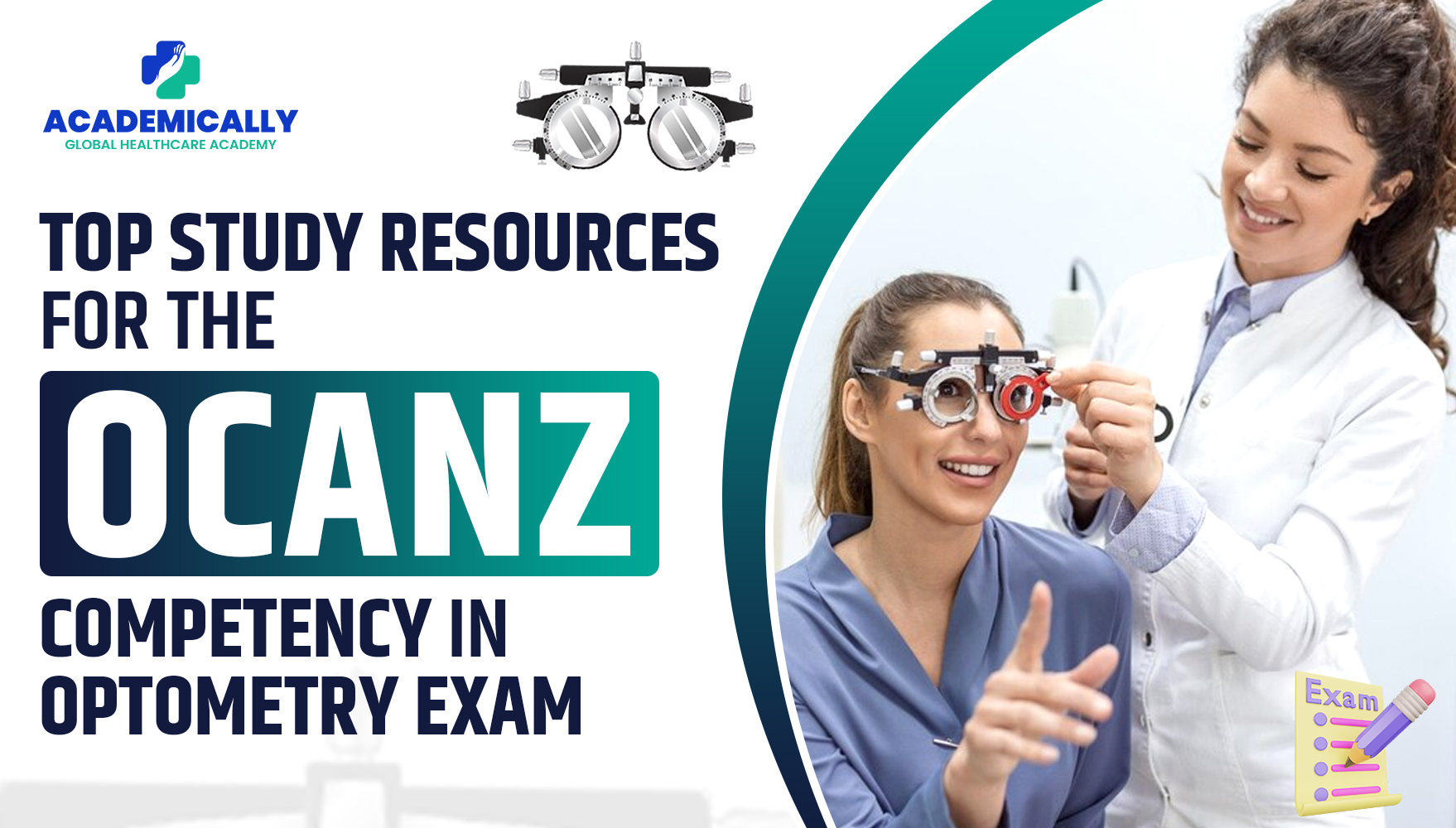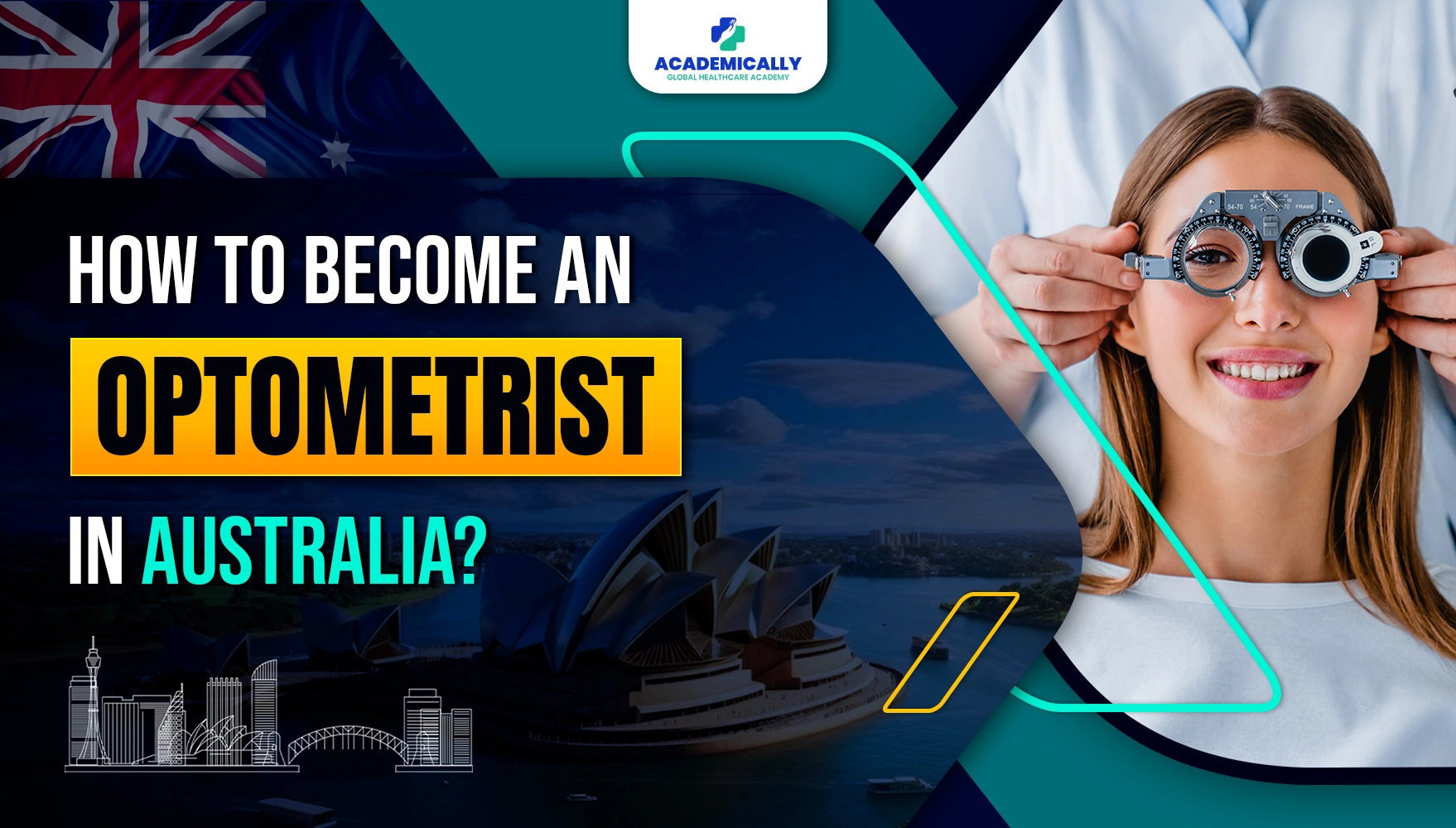1. Clinical Optics by Kanski
When it comes to understanding the science behind vision, Clinical Optics by Kanski is a must-have.
This book is known for its ability to simplify tough and difficult topics like refraction, visual optics, lens design, etc, which makes it perfect for the OCANZ COE written examination.
Topics Covered:
- Light and optics
- Visual acuity
- Refractive errors and their correction
Tip: Combine this with hands-on practice to better understand the application of theoretical concepts.
2. Optometry Australia Clinical Guidelines
These guidelines are specially for the Australian healthcare system. Therefore, it's important for all foreign graduated optometrists looking to practice in Australia to give this book a thorough read. It basically guarantees you’re well-versed in the standards expected by OCANZ.
Provides a total understanding of clinical practices, ethics, and cultural safety in Australia, which are all important topics asked in the OCANZ COE exam.
Topics Covered:
- Standards of patient care
- Australian-specific healthcare practices
- Managing culturally diverse patients
3. Binocular Vision and Ocular Motility by Mitchell Scheiman
Binocular vision issues and ocular motility disorders are key topics in the OCANZ exam, and this textbook excels in explaining them.
Why It’s Essential: Offers detailed explanations of diagnostic techniques and treatment strategies for binocular vision problems.
Topics Covered:
- Vergence disorders
- Strabismus
- Ocular motility evaluation
Pro Tip: Pay special attention to the case studies included in this book—they mirror real-world clinical scenarios.
4. Contact Lens Practice by Nathan Efron
If contact lenses are your weak point, this textbook is your best friend.
This book covers everything from the basics of contact lenses to advanced fitting techniques and care protocols.
Topics Covered:
- Contact lens materials and their designs
- Fitting techniques for various eye conditions
- Managing contact lens complications
Pro Tip: Focus on the troubleshooting sections to prepare for clinical exam questions.
5. Ocular Disease: Mechanisms and Management by Leonard A. Levin
Understanding ocular diseases is extremely important for both the components of the OCANZ COE Exam, that is, written and clinical exams, and this book provides in-depth knowledge of the same.
It offers a thorough recap of ocular diseases, their pathophysiology, and management strategies.
Topics Covered:
- Glaucoma
- Retinal diseases
- Anterior segment disorders
Pro Tip: Use this book in conjunction with practical case studies to develop a holistic understanding of disease management.
6. Clinical Procedures in Primary Eye Care by David B. Elliott
This book is a practical guide to the core procedures you’ll need to master for the OCANZ clinical exam.
Helps you through step-by-step procedures for primary eye care.
Topics Covered:
- Refraction techniques
- Visual field assessments
- Slit-lamp biomicroscopy
Pro Tip: Use the diagrams and videos referenced in the book for visual learning.
7. Ocular Pharmacology by Jimmy D. Bartlett
Pharmacology is an important part of optometry practice, and this book simplifies the subject.
Why It’s Essential: Explains the drugs used in eye care and their mechanisms of action.
Topics Covered:
- Drugs for glaucoma management
- Ocular inflammation treatment
- Antibiotics and antivirals for eye infections
Pro Tip: Pay close attention to the side effects and contraindications discussed in the book.
8. The Wills Eye Manual: Office and Emergency Room Diagnosis and Treatment of Eye Disease
A go-to resource for quick, practical solutions to eye conditions.
This book is ideal for quick reference; it is perfect for clinical scenarios; therefore, it'll be really helpful to prepare for the clinical exam with this book.
Topics Covered:
- Emergency eye care
- Differential diagnosis of common eye diseases
- Management protocols
Pro Tip: Use this book for last-minute revisions before the clinical exam.
9. Visual Perception: A Clinical Orientation by Steven Schwartz
This textbook is perfect for mastering the principles of visual perception and their clinical applications. Teaches you step by step the basics of how our eyes and brain work together to process what we see (that’s visual perception). You learn how to apply all your knowledge in real-world situations, like diagnosing vision problems or improving treatments for patients; so again, it is a must-have to prepare for the OCANZ COE Clinical Exam.
It's important as it provides detailed insights into how we see and process visual information.
Topics Covered:
- Visual pathways and processing
- Perception abnormalities
- Neuro-ophthalmology basics
Pro Tip: You should concentrate only on the topics given in the OCANZ COE syllabus. You can download the syllabus from the official site.
Conclusion
Preparing for the OCANZ Competency in Optometry Exam is not a small task, but the right textbooks can make all the difference in getting you ready to clear it confidently. Each book mentioned above has its unique texts and in-depth knowledge to help you understand every topic asked in the OCANZ COE Exam.
Whether it’s theoretical concepts, basics of optometry or practical procedures, these books are your stepping stones to clearing this exam.
Need more personalised guidance for your OCANZ preparation? Click here for a free consultation.





